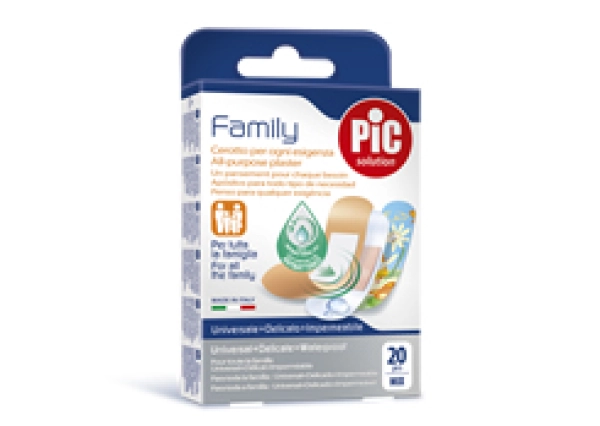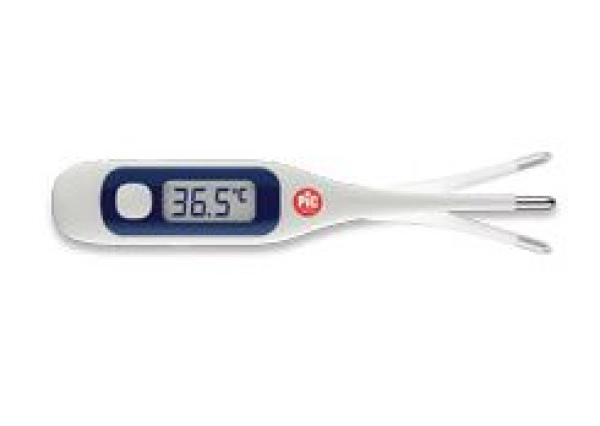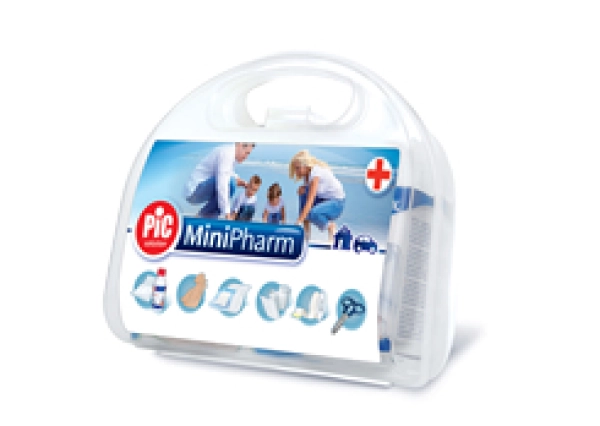

According to INAIL, the Italian National Institute for the Insurance of Workplace-Related Injuries, accidents at home and in recreational areas account for around 32 million hospital procedures or 110,000 deaths in Europe every year, with a mortality rate three times that of road accidents. Figures collected for an Italian study titled 'Aspects of daily life' showed there were around 826,000 domestic accidents in Italy in 2011 and around 712,000 injuries, with an average of 1.2 accidents per person. So why wait to get your first aid kit together?
If you've decided to make up a kit with the supplies and medication you need to deal with emergencies in the home, start by choosing the right place to store it. It's best to put it somewhere safe, away from heat and damp, and most importantly, out of the reach of children.
Your first aid kit should contain everything you need to take care of wounds, such as a box of plasters, medicated plasters of different sizes, a spool of plasters, scissors and gauze dressings. And remember to include hydrogen peroxide for disinfecting.
If you want to make sure that you're prepared to deal with burns, it's always useful to have an appropriate ointment in your first aid kit too, as well as medicated gauze dressings or plasters made specifically for them, which are even more convenient.
To make sure your first aid kit is even better equipped, put in what you need for sprains, like self-adhesive bandages and instant ice packs. And painkillers and anti-inflammatories too, as they could be useful for other types of pain like neuralgia and period pain.
We know that allergies can often be seasonal, but an antihistamine cream that can stop an anaphylactic reaction would be a good thing to have in your first aid kit. An eye wash is helpful for allergies, as well as conjunctivitis and other eye infections. And don't forget a thermometer and fever medication for seasonal flu.
It would also be useful to have a directory of emergency phone numbers in your first aid kit, like for your family doctor, the poisons information service and of course, the emergency services.



